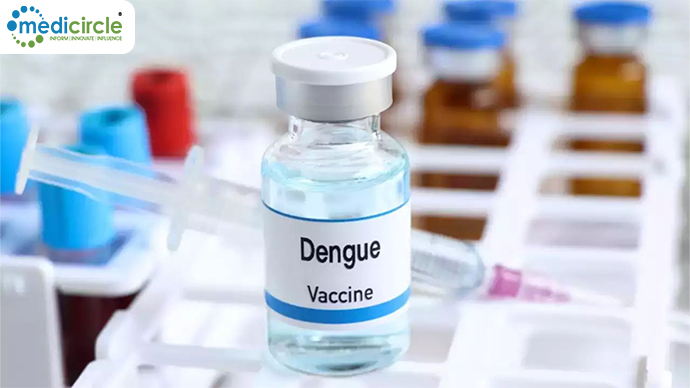In a recent study conducted in Finland, researchers from the University of Helsinki have identified a concerning link between excessive internet use among teens and increased risk of school absence. The study sheds light on how spending too much time online can impact vital activities like eating, sleeping, and exercising, ultimately affecting academic attendance.
Understanding the Research: The study analyzed data from over 86,000 adolescents aged 14-16 as part of the School Health Promotion study, a national biennial survey in Finland. Researchers examined various factors, including internet usage patterns, sleep duration, physical activity levels, and the quality of parent-teen relationships, to assess their impact on school attendance.
Gender Differences and Internet Use: Researchers noted significant gender differences in internet use, with girls being more likely to engage in excessive internet usage, particularly related to social media use. On the other hand, boys were more prone to reporting truancy or absence from school compared to girls.
Impact of Excessive Internet Use: The study highlighted that spending excessive time online was associated with a 38% higher risk of truancy and a 24% higher risk of school absence due to medical reasons. This suggests that internet addiction can disrupt essential daily activities and contribute to school absenteeism among adolescents.
Protective Factors: Sleep, Exercise, and Parent-Teen Relationships: Maintaining healthy lifestyle habits, such as getting 8-10 hours of sleep per night and engaging in regular physical activity, emerged as protective factors against school absenteeism linked to excessive internet use. Additionally, having a trusting relationship with parents—where teens felt comfortable sharing their concerns—was strongly associated with lower risks of truancy and medical-related absences.
Implications for School Health Services: The study highlights the importance of addressing excessive internet use as a potential risk factor for school absenteeism within school health and well-being services. By prioritizing interventions that promote healthy habits and positive parent-teen relationships, professionals can help mitigate the negative impacts of internet addiction on academic attendance.
Limitations and Future Directions: While the study provides valuable insights, it is important to note that it is an observational study, and thus, a cause-and-effect relationship between excessive internet use and school absenteeism could not be established definitively. Future research could explore longitudinal studies to better understand the long-term effects of internet addiction on adolescent well-being.
The Finnish research highlights the need for proactive measures to address excessive internet use among teens and its impact on school attendance. By promoting balanced internet usage, encouraging healthy lifestyle habits, and fostering strong parent-teen relationships, educators and health professionals can support adolescents in achieving better academic outcomes and overall well-being.

 Having a trusting relationship with parents—where teens felt comfortable sharing their concerns—was strongly associated with lower risks of truancy and medical-related absences.
Having a trusting relationship with parents—where teens felt comfortable sharing their concerns—was strongly associated with lower risks of truancy and medical-related absences.







.png)
.png)











.jpeg)



















.jpg)
.jpeg)